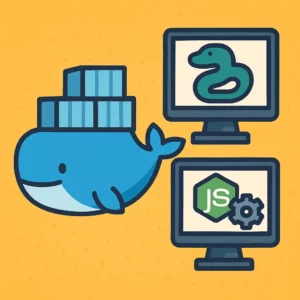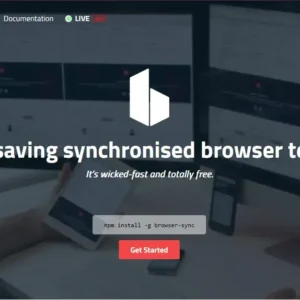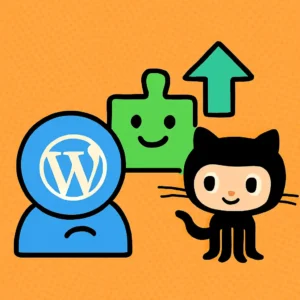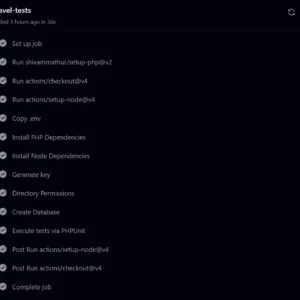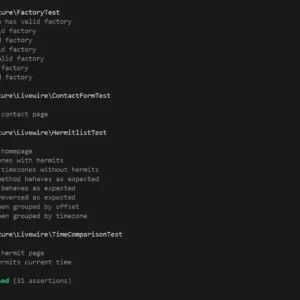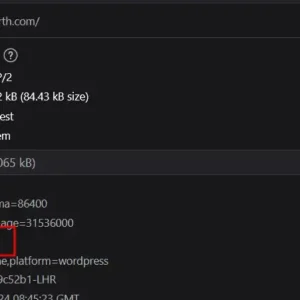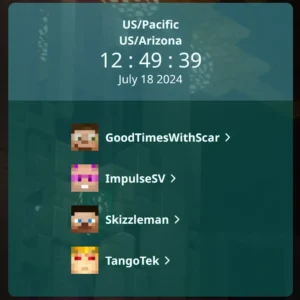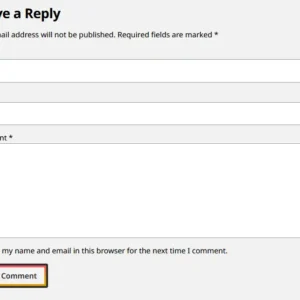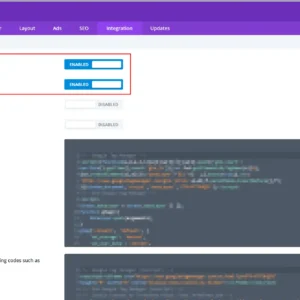Blog posts
Dockerise Django and NPM with Multi-Stage Builds
Introduction I’ve recently started learning Django, the popular web development framework for Python. Until now, as a PHP developer, I’ve been rather spoiled with the ease of deploying projects thanks to software such as cPanel or Plesk. Having reached the stage of wanting to deploy my first Django project, I realised that Docker would be […]
Auto-refresh the Browser on File Save with Django
Introduction I’ve recently started learning Python’s Django framework and have brought my favourite JavaScript framework along with me: TailwindCSS. From a development standpoint, I find that TailwindCSS feels much more efficient when I don’t have to refresh the page every time I make a change. At first, I wasn’t entirely certain about how I could […]
How To Correctly Size WordPress Images
Introduction This is a bit of a minefield topic, as there are a lot of plugins and ‘solutions’ out there that require you to pay money or install bloated software to accomplish something WordPress is designed to handle. In this post, I will show you how to have WordPress generate specific sizes for your images […]
Hosting Updateable WordPress Plugins on GitHub
Introduction If, like me, you enjoy writing custom plugins for WordPress, you may know the daunting feeling of managing the versions of your plugins across many websites. While you can use a PHP package manager like Composer for your plugins, this isn’t appropriate for most WordPress deployments. For most, using WordPress’ interface to install and […]
Testing Laravel & Livewire in Github Actions
The Issue We’re Resolving When running a Laravel test suite with Livewire components, the default workflow file provided by GitHub for Laravel likely won’t pass. When using their default config, I was presented with errors such as this: The test in question was simply checking if the component was rendered when a certain page was […]
Hermitclock development, August 2024
Introduction Since my last update, I’ve been working through a sprint of development with two key objectives: 3D-Rendered Minecraft Skins Previously, there was just a static image of the Hermit on the top-left. While this was fine, I had a few people mention to me that they thought it would have moved. By using a […]
HTML Page Caching with WordPress & Cloudflare
HTML Caching vs Static Asset Caching If you use Cloudflare to proxy your website, you can take advantage of their various caching services. The most common one is static asset caching. Static asset caching refers to media such as images, CSS files and Javascript files. Between deployments and page reloads, these assets typically don’t change, […]
Hermitclock development, July 2024
Introduction Since my last update, Hermitclock has been going strong and steady. In fact, I’d taken a bit of a break from Hermitclock development throughout June to focus on redesigning and rebuilding my website. Now that the dust has settled, I’m ready to return to Hermitclock to add some new and exciting features. Before anything […]
Remove the ‘Website’ field from the WordPress comment form
Introduction The default WordPress comment form contains the following fields: I’m not a fan of the website field, especially since it’s optional anyway. As such, I like to remove it from my blogs. This is a 3-step process: Remove the Website Field This code snippet uses the comment_form_default_fields hook to remove the url field from […]
Rebuilding a Divi website with a custom Block Theme
Introduction Before the 4th of July 2024, my website (yes, this one) exclusively used the popular WordPress theme Divi. You can read more about this build here. I’ve had a love-hate relationship with Divi over the years. When I was first learning the ropes of WordPress, I found Divi to be an excellent tool to […]

